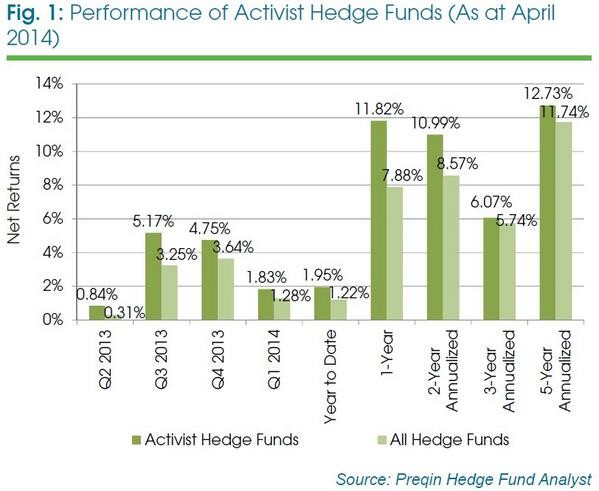Hedgefunds a Brief History
Post on: 1 Апрель, 2015 No Comment

Alfred Winslow Jones is being considered the father of hedge founds, since he founded the first one in 1949, although he had forerunners like Jesse Livermore, Bernard M. Baruch and Benjamin Graham, who operated characteristics of the modern hedge funds long before him. However, Alfred Winslow Jones was the first one to use short selling, a limited partnership structure and leverage as well as a 20% incentive fee to compensate the managing partner.
Related Articles
Most hedge funds are situated nowadays offshore, independent of the residence of their manager, investors or investments in order to make only the investor pay taxes, not also the fund. Major offshore centers are the Cayman Islands, Dublin, Luxembourg, British Virgin Islands and the Bermudas. 75% of the world’s hedge funds are estimated to be located in the Cayman Islands.
Since hedge funds are open only to qualified investors they are most commonly exempt from regulations of the SEC, NASD and other qualified bodies. However they have to conduct their business in concordance to the offshore bank’s regulation. Such rules imply usually the requirement of the fund to be independent of the fund manager, confidentiality and restrictions on the availability of funds for retail investors.
Hedge funds have a reputation for secrecy, but they do have a great influence on the markets since they operate billions of dollars and that’s why there have been several calls for regulations. Annually a list of the 10 ten best ranked hedge funds is published in the Institutional Investor magazine. Edward Lampert of ESL Investments was the top earner of 2004, while 2005’s top earner is disputed. Some believe it was James Harris Simons and others believe it was T. Boone Pickens. 2006’s top earner was John D. Arnold. Notable hedge funds are BluMont Capital, Citadel Investment Group, Fortress Investment Group, Goldman Sachs, Man Group, Renaissance Technology and until the 2006, Amaranth Advisors also featured between them. Nicholas Maounis was the founder of Amaranth Advisors, located in Greenwich, Connecticut. By 2004-2005 most of the firm’s capital was in energy trading and run by Canadian trader Brian Hunter. As Amaranth did before they wagered that the natural gas price would increase, but this time it didn’t. The price went down from $2.49 to $0.58, an enormous loss for Amaranth – about $6.5 billion. Since the fund had over $9 billion under management, the losses exceeded 65%. Amaranth failed in keeping the most important rule, namely not to wager more than you can afford losing. Amaranth liquidated its assets, but in July 2007 Brian Hunter founded a new hedge found, called Solegno Capital Advisors, which received attention for suing dealbreaker.com. However Brian Hunter was charged on the 25th of July 2007 by the Commodity Futures Trading Commission (CFTC) for attempted manipulation of the price of natural gas futures and for making false statements to the New York Mercantile Exchange (NYMEX).
Hedge funds operate in many ways and the most common are the following. A global macro technique is to seek assets that are mispriced relative to alternatives. Long/short equity is a generic term used to describe all hedged investments in equities. A shot bias emphasizes that the investment is solely short and a equity market neutral makes the balance between short and long positions. Event driven opportunities are those specialized in the analysis of a particular kind of event, like distressed securities, also known as companies that are or may become bankrupt, Regulation D regarding to distressed companies issuing securities or Merger Arbitrage between an acquiring public company and a target public company.














